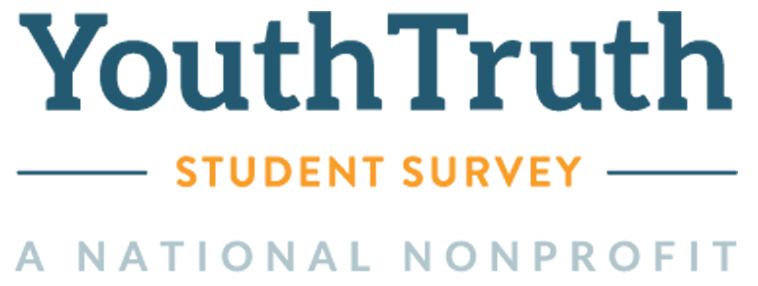San Francisco – High school teachers may not be getting sufficient opportunities and training to learn the very subjects they are teaching – and students are taking notice – according to new findings from YouthTruth Student Survey and a new analysis on education colleges conducted by the National Council on Teacher Quality (NCTQ).
According to new findings released by YouthTruth, a national nonprofit that harnesses students’ perceptions to help educators identify needs and accelerate improvements, 32 percent of high school students do not feel positively about their teachers’ content knowledge of the subject matter being taught.
“Across the country, with changing academic standards and increasingly diverse learning environments, the role of teachers is of paramount importance,” said YouthTruth’s Executive Director Jen Vorse Wilka. “At YouthTruth, it has always been our goal to represent students’ voices as the catalyst for positive improvements in schools and districts. With this latest round of findings, we hope education colleges across the country can focus on giving future teachers a strong foundation for content knowledge, so that they are as prepared as possible for the reality of the classroom.”
Drawing on responses from nearly 130,000 high school students across the country, the findings also identified that only 67 percent of students surveyed are challenged by their teachers and their coursework. Additionally, only 59 percent of students reported that their homework assignments help them understand the subject.
Research has shown that teachers’ mastery of content knowledge is directly correlated to how effectively they communicate subjects to students. Undergraduate programs are responsible for ensuring that future high school teachers receive meaningful subject matter preparation so that they can pass this information along to their students. According to a new NCTQ data analysis, 35 colleges and universities across 16 states – among 800 measured – are both selective in which teacher candidates they admit and demonstrate effectiveness in preparing future teachers for knowledge in their anticipated subject areas. That list of colleges and universities can be found below.
“Teachers deserve the opportunity to be prepared, and we congratulate these colleges and universities for leading the pack in taking steps to give teachers a solid base in subject knowledge,” said Kate Walsh, president of NCTQ. “The most critical step is to make sure that the coursework is rigorous and strong, holding students accountable for achieving mastery in the subjects they intend to teach.”
Consumers can now view information on these 35 programs, as well as other education colleges, universities and alternative certification programs on Path to Teach, a free search tool allowing anyone to quickly find meaningful, reliable information about the quality of over 1,100 schools of education that prepare over 200,000 new teachers every year.
The 35 colleges and universities stood out for earning an “A” on NCTQ’s “high school content standard,” which considers specific state regulations on teacher certification standards as well as individual institutions’ course content offerings, degree plans and admissions selectivity. All education programs are scored through four major steps of analysis:
- Examination of secondary certifications offered in each state.
- Evaluation of licensure test adequacy for each certification.
- Identification of the majors leading to certification for each program.
- If licensure tests are not adequate for a specific certification, examination of the coursework preparation required by individual secondary majors.
